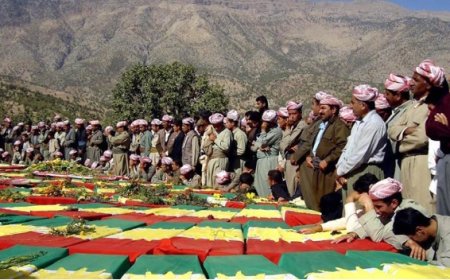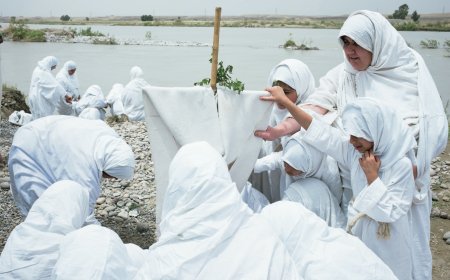Kurdistan Region's Diplomatic Balancing Actions Among the Regional Tensions
By Dr. Seerwan Anwer Majeed
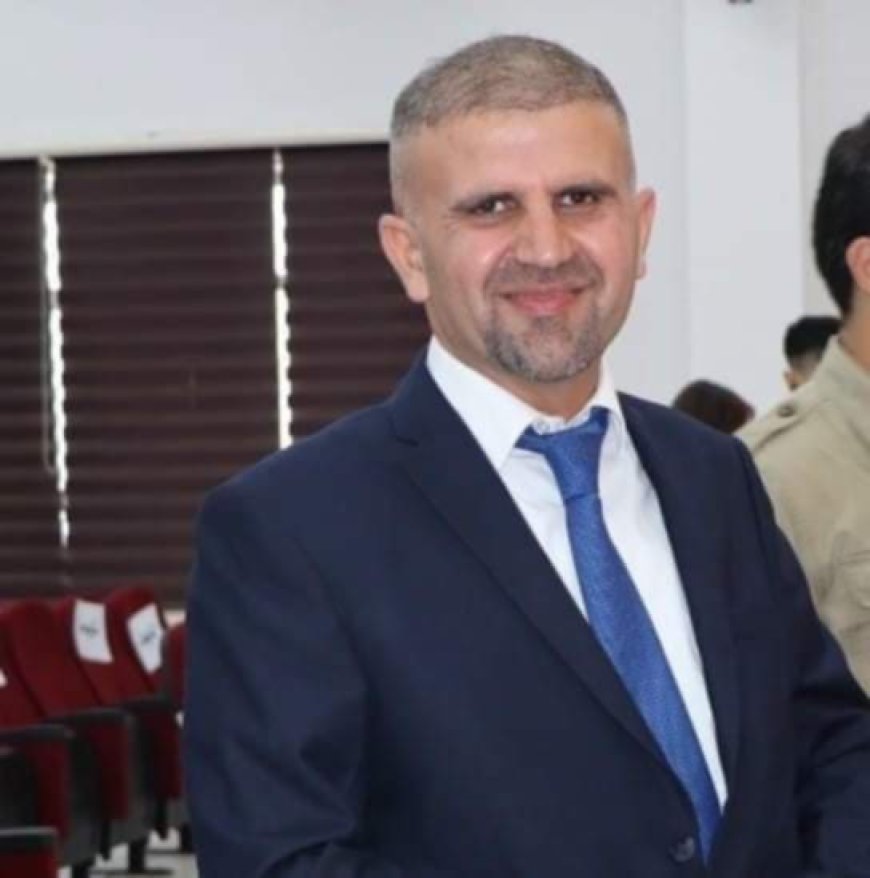
The Kurdistan Region of Iraq finds itself at the epicenter of escalating Middle Eastern tensions, where the competing interests of Iran, the United States, and regional powers create an intricate web of challenges and opportunities. Recent events—including Iran's missile attacks on U.S. facilities in Qatar in June 2025 and its continued targeting of sites within the Kurdistan Region—have highlighted the delicate position of Kurdish leadership in navigating these turbulent geopolitical waters.
President Nechirvan Barzani's approach to this complex environment exemplifies a nuanced form of crisis diplomacy, characterized by strategic patience, inclusive dialogue, and an unwavering commitment to protecting the Kurdistan Region's autonomy while maintaining constructive relationships with all regional stakeholders. The Kurdistan Region's strategic position places it at the intersection of multiple conflict dynamics. Unlike Qatar, which primarily hosts U.S. military assets as part of a clear alliance structure, the Kurdistan Region must simultaneously manage relationships with Baghdad, Tehran, Washington, Ankara, and Damascus—each with distinct and often conflicting interests.
Recent Iranian actions illustrate this complexity. While Tehran's June 2025 strikes on Al Udeid Air Base in Qatar were framed as retaliation against U.S. nuclear facility attacks, Iran's relationship with the Kurdistan Region involves a more nuanced calculus. Iranian forces have repeatedly targeted locations within the Kurdistan Region since 2018, including significant attacks in March 2022, January 2024, and September 2022, citing various justifications from pursuing Kurdish opposition groups to alleged Israeli intelligence presence.
President Nechirvan Barzani has consistently demonstrated an openness to dialogue that transcends traditional regional divisions. His approach recognizes that the Kurdistan Region's security and prosperity depend not on choosing sides in regional conflicts, but on maintaining communication channels with all parties. This philosophy was evident in his meetings with Iranian Ambassador Mohammad Kazem al-Sadegh, despite the challenging atmospherics created by ongoing tensions.
Rather than responding to attacks with escalatory rhetoric, President Nechirvan Barzani has consistently called for diplomatic solutions while working to de-escalate tensions. Following Iranian missile strikes on Erbil, his administration has focused on practical security measures while maintaining dialogue opportunities with Tehran through Baghdad and other intermediaries. The President's strategy extends beyond bilateral relationships to encompass multilateral engagement. His administration actively participates in Iraqi federal discussions while maintaining robust ties with Western partners, regional neighbors, and international organizations. This approach has helped position the Kurdistan Region as a stabilizing force rather than a partisan actor.
The Kurdistan Region hosts significant U.S. diplomatic and military presence, including one of America's largest consulates globally and various military installations. President Nechirvan Barzani has navigated this relationship by emphasizing the Kurdistan Region's role as a reliable partner in counterterrorism efforts while avoiding provocative actions that might escalate regional tensions. Despite Iran's periodic military actions within Kurdistan Region territory, President Nechirvan Barzani's administration has maintained that dialogue remains possible. The President understands that Iran's concerns—whether about Kurdish opposition groups, alleged foreign intelligence activities, or regional influence—require acknowledgment and diplomatic engagement rather than dismissal.
The President has also prioritized relationships with Turkey, Syria, and Gulf states, recognizing that Kurdistan Region stability depends on regional acceptance and economic integration rather than isolation or confrontation. His Excellency’s approach emphasizes preventing conflicts rather than merely responding to them. This includes regular consultations with neighboring countries, clear communication of the Kurdistan Region's non-threatening intentions, and active participation in regional de-escalation initiatives.
When attacks have occurred within Kurdistan Region territory, the President's administration has consistently emphasized the protection of civilian populations while avoiding actions that might provoke further escalation. This approach has helped maintain international sympathy and support for the Kurdistan Region's position. Recognizing that economic interdependence creates incentives for peace, President Nechirvan Barzani has pursued trade relationships across regional divisions. The Kurdistan Region maintains economic ties with Iran, Turkey, and Arab states simultaneously, creating multiple stakeholders in Kurdish stability.
As part of federal Iraq, the Kurdistan Region cannot fully control its foreign policy, requiring President NechirvanBarzani to work within federal constraints while maximizing autonomous decision-making space. Various regional powers periodically pressure the Kurdistan Region to take sides in broader conflicts. President Nechirvan Barzani's consistent response has been to reaffirm the region's commitment to good neighborly relations with all parties. Kurdish public opinion sometimes favors stronger responses to external attacks, requiring the President to balance popular sentiment with strategic patience and diplomatic calculation.
Despite multiple Iranian attacks and broader regional tensions, the Kurdistan Region has avoided becoming a primary theaterof conflict, largely due to President Nechirvan Barzani's measured responses and continued engagement efforts. The President's diplomatic approach has garnered broad international support for the Kurdistan Region's position, with various countries recognizing Kurdish leadership's constructive role in regional stability.
President Nechirvan Barzani's open-minded approach to regional diplomacy represents a sophisticated response to complex geopolitical challenges. By maintaining dialogue with all parties, prioritizing civilian protection, and emphasizing economic cooperation over political confrontation, his administration has helped preserve Kurdistan Region stability in an increasingly volatile environment. This diplomatic model—characterized by strategic patience, inclusive engagement, and consistent emphasis on de-escalation—offers lessons for other regional actors seeking to navigate Middle Eastern complexities without becoming casualties of broader conflicts.
The ultimate test of this approach will be whether it can sustain Kurdistan Region autonomy and prosperity while contributing to broader regional stability. President NechirvanBarzani's commitment to balanced diplomacy, even in the face of direct attacks and external pressures, suggests a mature understanding that the Kurdistan Region's long-term interests are best served through engagement rather than confrontation.
As regional tensions continue to evolve, the Kurdistan Region's experience under President Nechirvan Barzani's leadership demonstrates that small actors can maintain agency and contribute to stability through principled diplomacy, strategic patience, and an unwavering commitment to dialogue—even with those who may occasionally resort to force. This approach not only protects Kurdish interests but contributes to the broader goal of regional peace and cooperation that benefits all Middle Eastern peoples. The President's vision recognizes that in a region marked by zero-sum thinking, the Kurdistan Region's greatest contribution may be its demonstration that positive-sum outcomes remain possible through skilled diplomacy, mutual respect, and the courage to maintain dialogue even in the darkest of times.

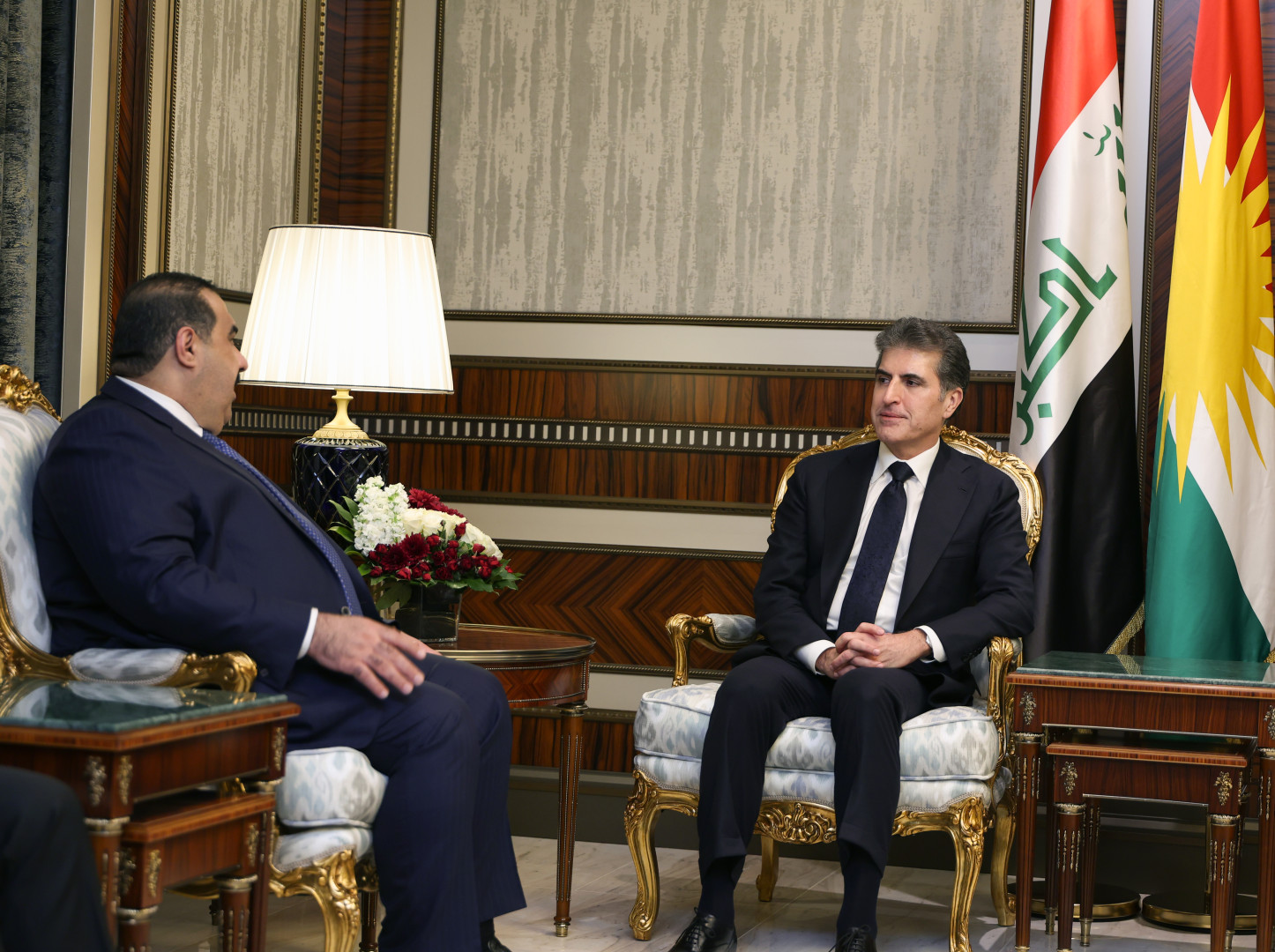

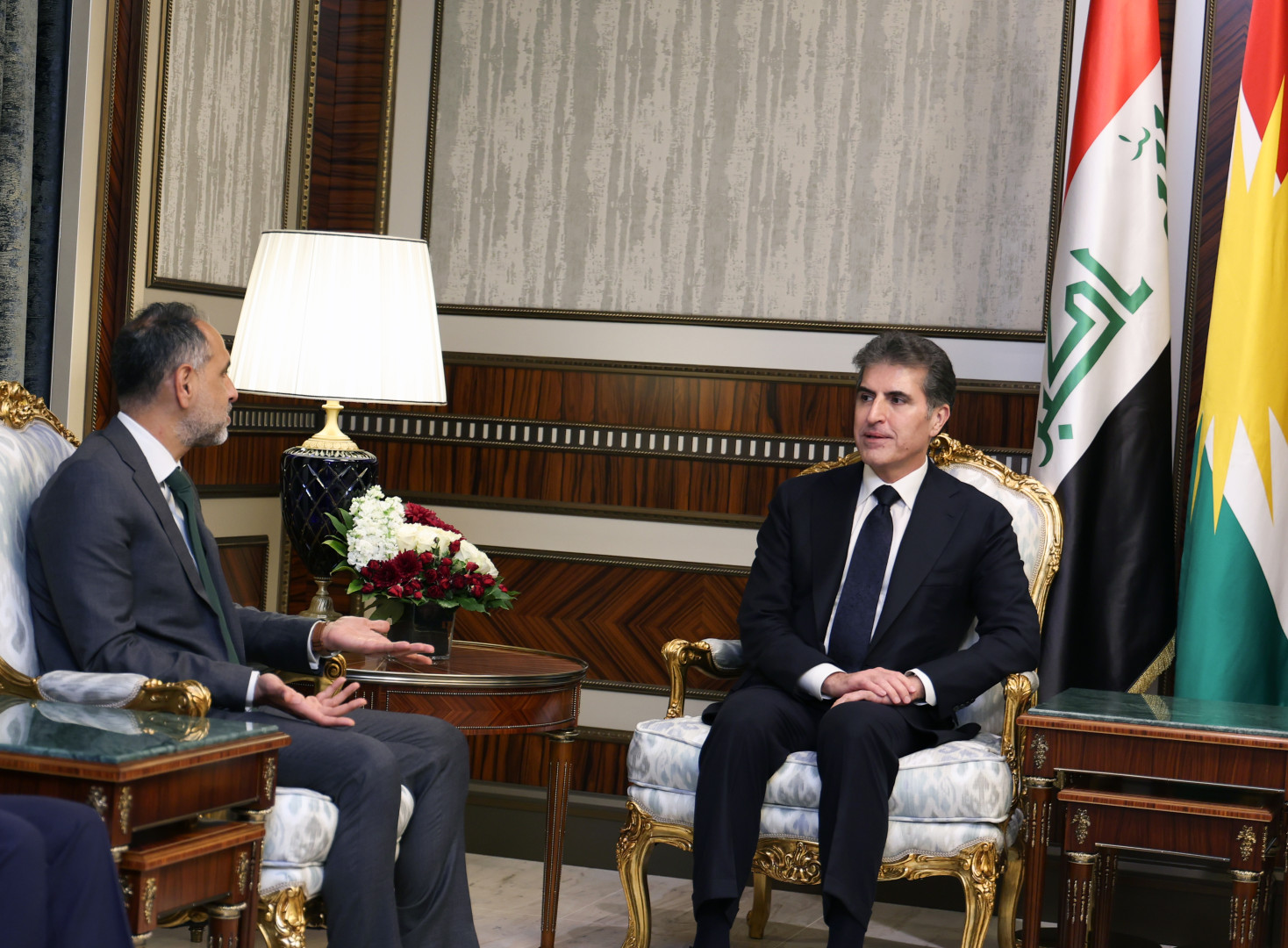



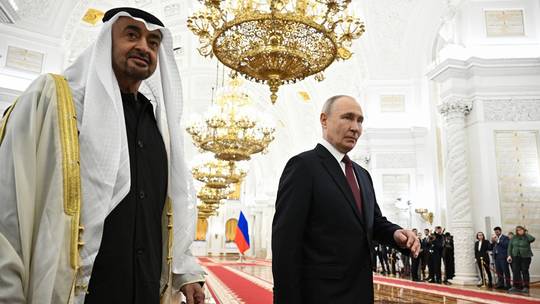
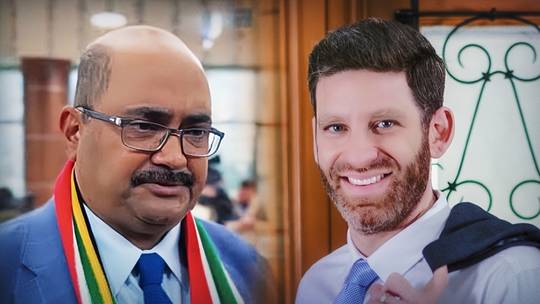









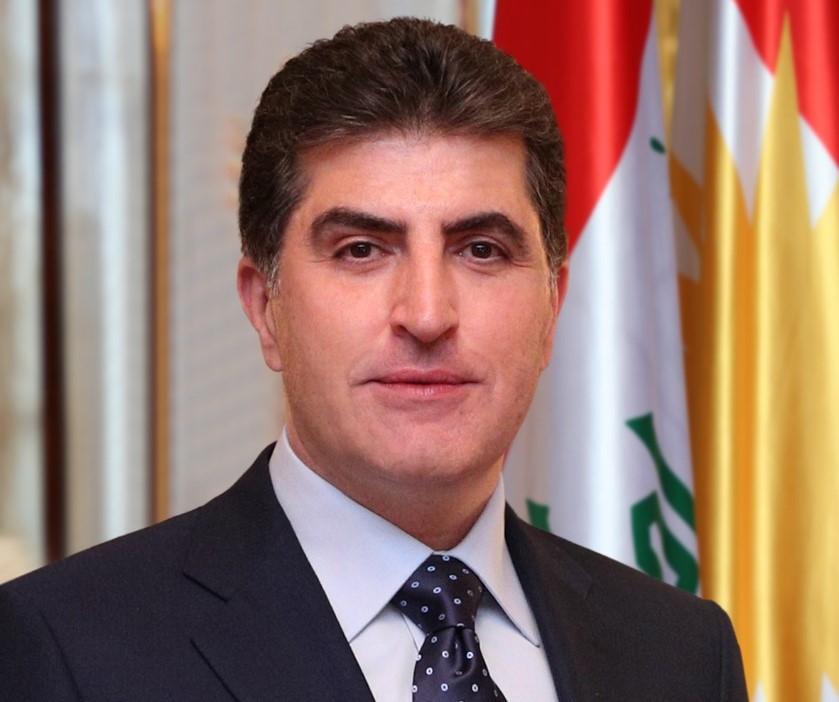



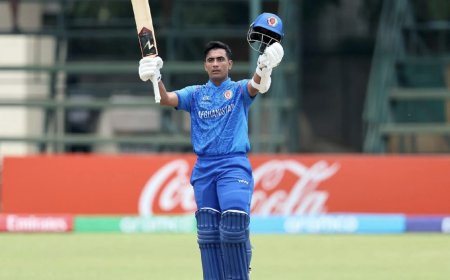
/file/attachments/orphans/IMG_9103_429753.jpeg)























